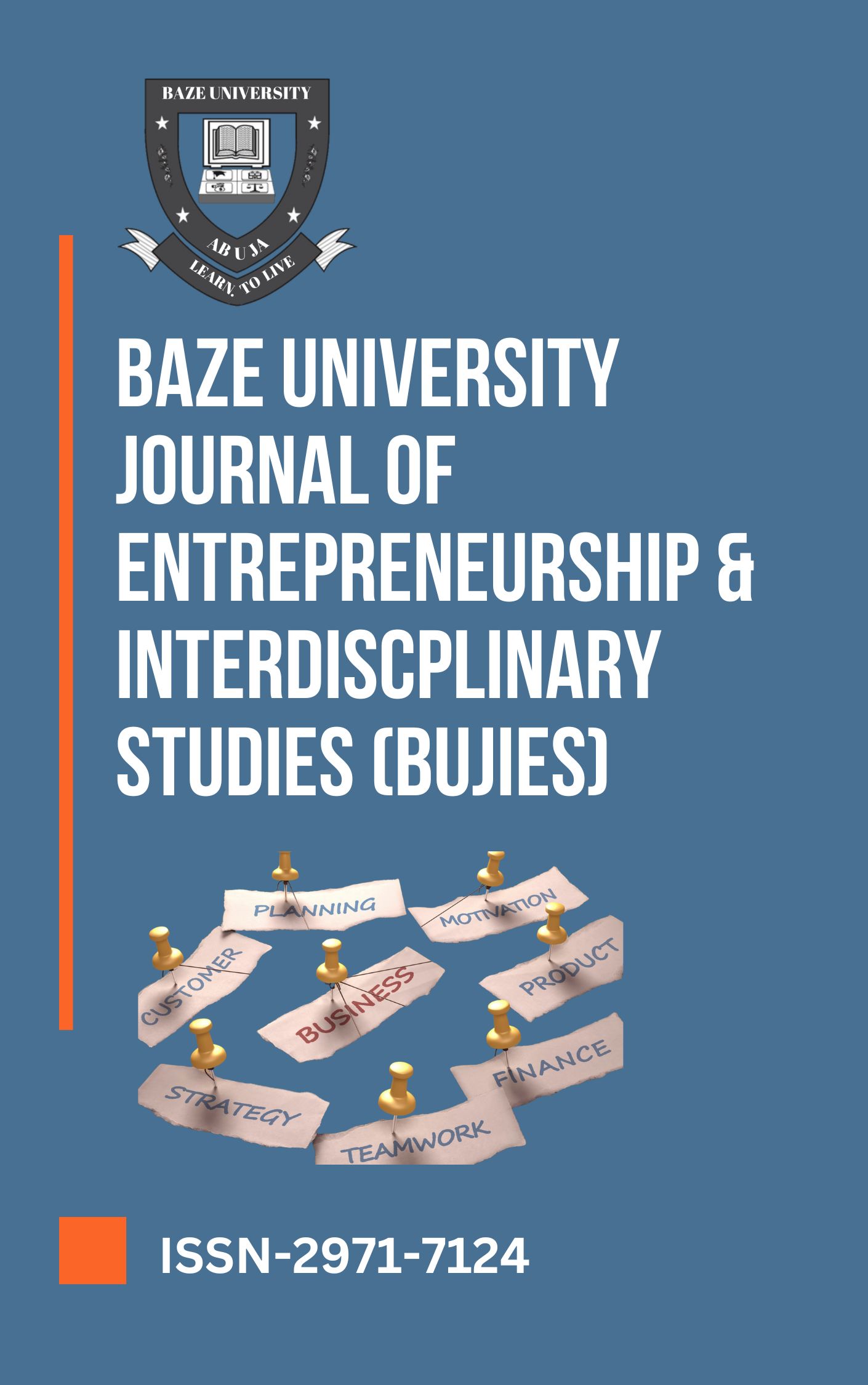Abstract
Approximately 30 percent of municipal solid waste is typically comprised of construction debris, posing a significant challenge to municipal authorities in almost every city in the world, especially those in developing nations. Adoption of sustainable waste management methods in the Nigerian construction industry is crucial because, as long as man continues to construct, sustainable practices will remain a necessity. Change comes with numerous challenges and the adoption of sustainable waste management practices is not an exception. It is on this note that this study attempts an assessment of sustainable waste management in the Nigerian Construction Industry. Existing methods of waste disposal were outlined, familiarity with sustainable waste management practices was evaluated, challenges hindering the execution of sustainable waste disposal practices were identified as well and it was assessed using mean score. The study revealed that the most familiar waste management methods in the construction industry are Re-Use, Recycling & Landfilling. The most practiced waste management methods are reuse, burning &landfilling. Inadequate government support for green technology and insufficient encouragement and support from the construction industry's various professional organisations were identified as the most significant obstacles to sustainable waste management methods. The study recommends that construction companies should focus more on waste management through reduction of the total amount of construction waste generated and leaving disposal as a last resort. Also, the Government and the Governing bodies of construction professional bodies should put conscious efforts into supporting the execution of construction projects with the aim of using green technologies, sustainable construction methods as well as sustainable methods of waste management.



 National Library of Nigeria
National Library of Nigeria.jpg) Association of Nigerian Authors
Association of Nigerian Authors Nigerian Library Association
Nigerian Library Association EagleScan
EagleScan Crossref
Crossref